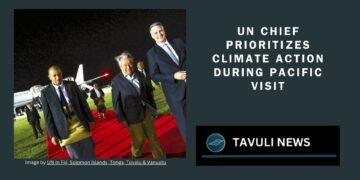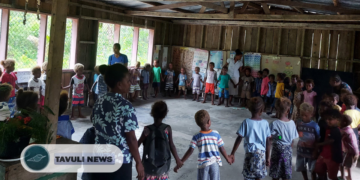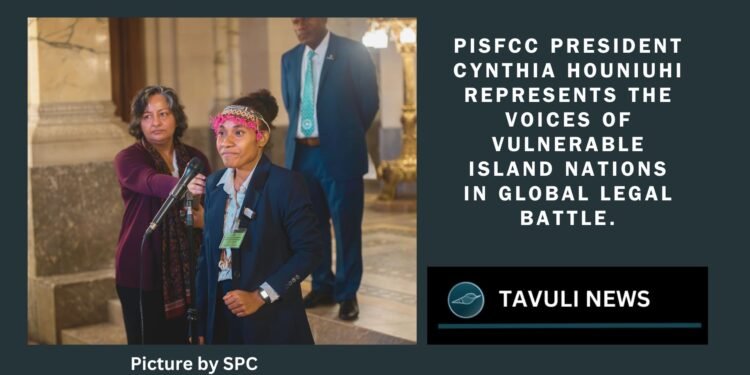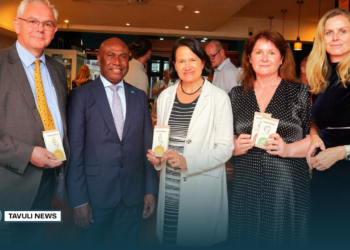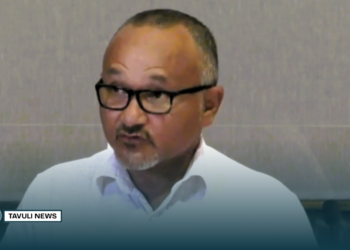Cynthia Houniuhi calls for accountability from high-emitting nations in historic legal proceedings on climate change.
Cynthia Houniuhi, President of the Pacific Islands Students Fighting Climate Change (PISFCC), recently appeared before the International Court of Justice (ICJ) to advocate for an advisory opinion on climate change. In her address, Houniuhi represented the voices of Pacific youth, highlighting the severe and disproportionate impacts of climate change on small island developing states (SIDS) and calling for global accountability from high-emitting nations.
Houniuhi stressed that the future of coming generations is at risk due to the actions of large-emitting states. These nations, she argued, have not only failed to mitigate their climate impact but have also actively encouraged the continued extraction and consumption of fossil fuels, exacerbating global climate crises. She urged the ICJ to clarify the legal obligations of states to protect the climate system and the rights of vulnerable communities.
The ICJ hearings, initiated at the request of the United Nations General Assembly in 2023, are seeking legal clarity on two key questions: what states are obligated to do to protect the environment from human-induced climate change, and what legal consequences they face if their actions cause significant harm to the climate system. The outcome of these proceedings could set a precedent for holding countries accountable under international law for their role in the climate crisis.
Following Houniuhi’s appearance before the court, the PISFCC issued a statement reiterating their calls for urgent climate action. According to the group, the proceedings before the ICJ represent a historic moment to push for climate justice, focusing on the human rights of current and future generations. They emphasized the need for international legal mechanisms that prioritize the rights of Indigenous peoples, intergenerational equity, and the lived realities of those on the frontlines of the climate crisis.
In the statement, Vishal Prasad, PISFCC’s Campaign Director, expressed hope that the ICJ’s opinion could provide a critical legal tool for advancing climate action. He emphasized that the proceedings were an opportunity to frame the debate around human rights and justice for vulnerable communities, especially in the Global South.
Greenpeace’s Shiva Gounden, Head of Pacific at Greenpeace Australia Pacific, also voiced strong support for the legal proceedings, highlighting how a campaign that began in the Pacific has now reached the highest court in the world. He called on the ICJ judges to seize the opportunity to change the course of history by issuing a ruling that demands accountability from the biggest greenhouse gas emitters.
Jule Schnakenberg, Interim Executive Officer of World’s Youth for Climate Justice, further stressed the significant role that young people and civil society organizations have played in pushing for the ICJ hearings. She called for the hearings to be a turning point in the global fight for climate justice and urged the court to act decisively in the face of the climate crisis.
The hearings, which are expected to continue over the coming days, represent a pivotal moment in the international climate debate. Advocates from small island states and the Global South remain hopeful that the ICJ’s advisory opinion could pave the way for stronger, legally binding commitments from high-emitting nations to address the climate emergency and protect vulnerable communities worldwide.





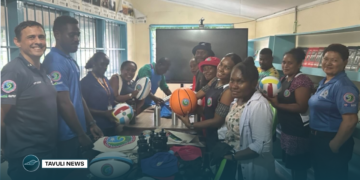
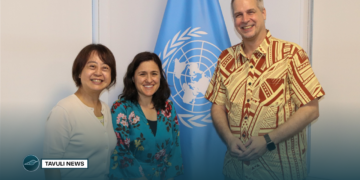
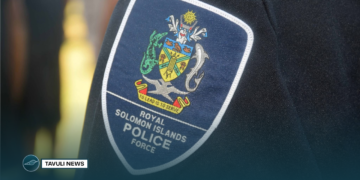
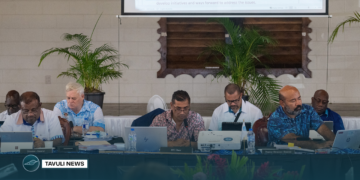




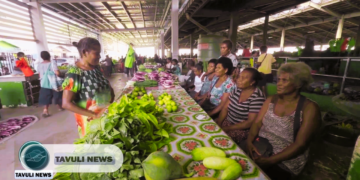

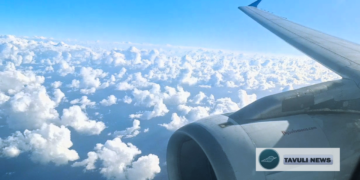
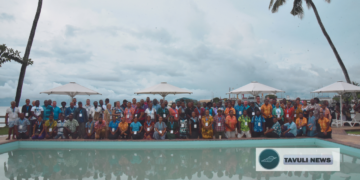







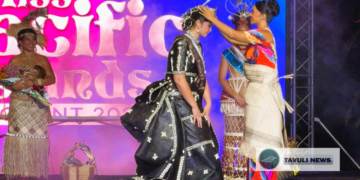

![Chovohio [left] and Charivunga [right] confluence, to create a dam for sediment control](https://www.tavulinews.com.sb/wp-content/uploads/2025/04/Add-a-heading-43-360x180.png)









